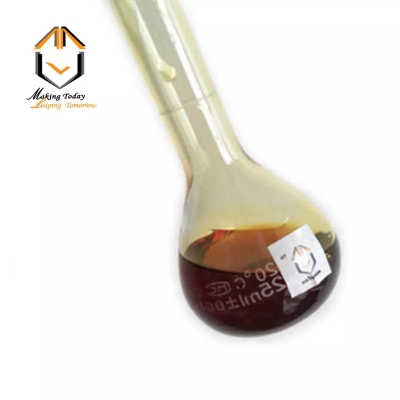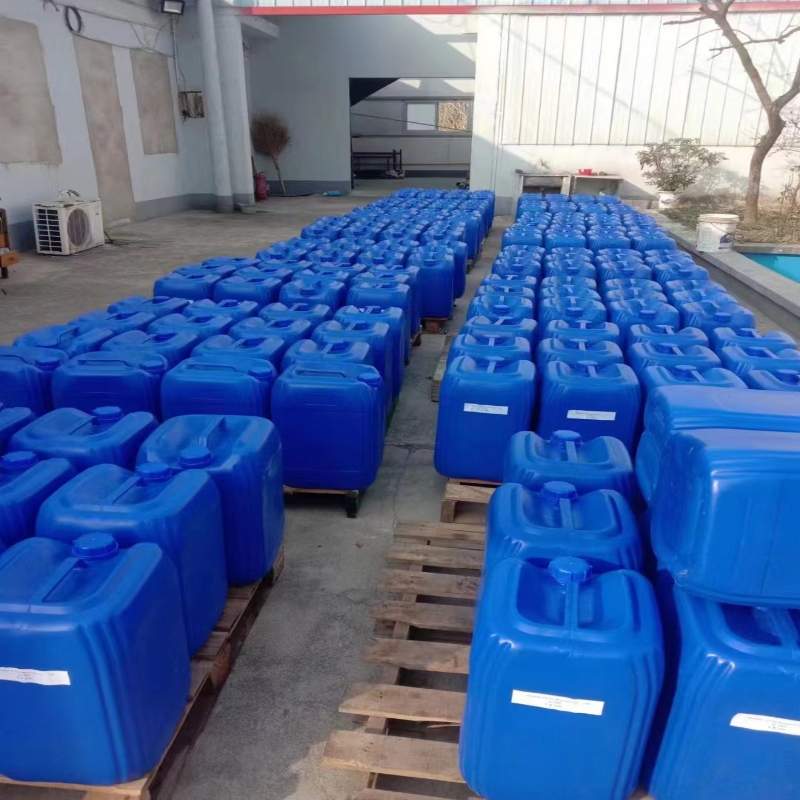-
Categories
-
Pharmaceutical Intermediates
-
Active Pharmaceutical Ingredients
-
Food Additives
- Industrial Coatings
- Agrochemicals
- Dyes and Pigments
- Surfactant
- Flavors and Fragrances
- Chemical Reagents
- Catalyst and Auxiliary
- Natural Products
- Inorganic Chemistry
-
Organic Chemistry
-
Biochemical Engineering
- Analytical Chemistry
-
Cosmetic Ingredient
- Water Treatment Chemical
-
Pharmaceutical Intermediates
Promotion
ECHEMI Mall
Wholesale
Weekly Price
Exhibition
News
-
Trade Service
Sinopec News.
Keppel confirmed in April this year that it was negotiating with Petrobras on the construction of the FPSO contract for the Buzios oil field, and it was revealed that the contract has been signed.
According to Petrobras’s statement on Monday, the platform is of the FPSO type, a floating device that produces, stores and transports oil, with a daily processing capacity of 180,000 barrels of oil and 7.
The supply of FPSO will come from engineering, procurement and construction contracting methods and the company's strategy for developing new projects on its own platform, which includes lessons learned from FPSO installed under salt, including contracting and construction.
The manufacturer said that Keppel Operations and Maintenance will manufacture upper modules weighing 43,000 tons at its shipyards in Singapore and Brazil, and will undertake the integration and commissioning of FPSO.
Keppel O&M partner Hyundai Heavy Industries Co.
According to the requirements of the public prequalification regulations, the contract is expected to be 25% in line with the local content, and the service will be implemented in Brazil through partnerships or subcontracts with national companies.
The project is expected to connect 13 wells to the FPSO through a subsea infrastructure consisting of rigid production and injection pipelines and flexible service pipelines, including 6 production wells and 7 injection wells.
The Búzios oil field discovered in 2010 is the world's largest deep-water oil field.
Currently, there are four platforms in operation in Búzios, which account for more than 20% of Petrobras’ total production.
The fifth and sixth platforms FPSO Almirante Barroso and Almirante Tamandaré are under construction, and the eighth and ninth FPSO P-79 and P-80 are in the process of contracting.
Petrobras also recently launched a bidding process for the purchase of the ninth FPSO unit in the Búzios oil field.
Feng Juan excerpted and translated from offshore energy
The original text is as follows:
Keppel snatches contract to build FPSO for world's largest deepwater oil field
Brazilian oil and gas giant Petrobras has signed a $2.
Following a confirmation by Keppel in April 2021 that it was in talks with Petrobras for a contract to build an FPSO for the Buzios field, Petrobras on Monday revealed that the contract has now been signed.
According to Petrobras' statement on Monday, with a processing capacity of 180 thousand barrels of oil per day and 7.
In a separate statement on Monday, Keppel said the value of the contract is estimated to be around $2.
As detailed by Petrobras, the supply of the FPSO will result from the engineering, procurement and construction contracting modality and from Petrobras' strategy of developing new projects for its own platforms, incorporating the lessons learned from the FPSOs already installed in the pre-salt, including contracting and construction aspects.
The builder said that Keppel O&M will fabricate the topside modules weighing 43,000 metric tonnes (MT) at its shipyards in Singapore and Brazil, as well as undertake the integration and commissioning works of the FPSO.
Keppel O&M's partner, Hyundai Heavy Industries Co.
, Ltd.
(HHI), will provide the 85,000MT hull and the living quarters for 240 persons.
Upon completion, the FPSO will transit to the Buzios field, where Keppel O&M will carry out the final phase of offshore commissioning works.
Under a requirement set in the public pre-qualification, the contract foresees compliance with the local content of 25 per cent, with services to be executed in Brazil through a partnership or subcontracting of national companies.
The project foresees the interconnection of 13 wells to the FPSO, 6 of them producers and 7 injectors, through a subsea infrastructure composed of rigid production and injection pipelines and flexible service pipelines.
The Búzios field, discovered in 2010, is the largest deepwater oil field in the world.
The field should reach the end of the decade with daily production above 2 million barrels of oil equivalent per day, becoming the Petrobras asset with the highest production.
Currently, there are four units operating in Búzios, which account for more than 20 per cent of Petrobras' total production.
The fifth and sixth platforms – FPSOs Almirante Barroso and Almirante Tamandaré – are under construction, and the eighth and ninth units – FPSOs P-79 and P-80 – are in the contracting process.
Petrobras has also recently kicked off a bidding process for the acquisition of a ninth FPSO unit for the Búzios field.







